Paradise Adventist Elementary School exists so:
"Students grow strong in mind and body and in relationship with God and others."
This paraphrase of Luke 2:52 encapsulates our philosophy of helping students develop holistically: spiritually, academically, physically and socially.
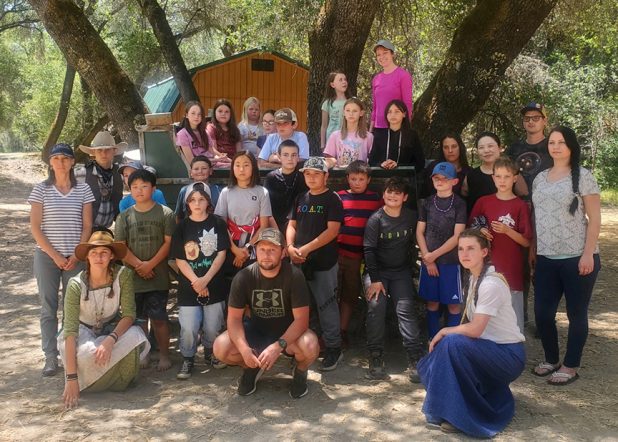
In order to achieve our mission, we have goals for each of our students. They will each be encouraged and given opportunities to:
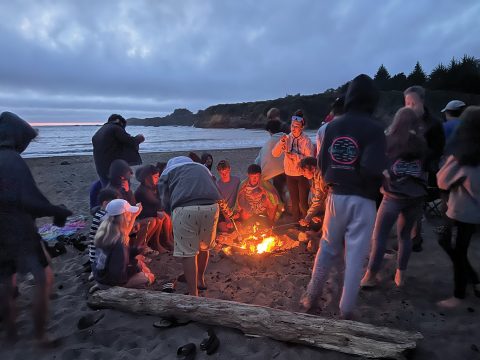
While we can more easily measure academic growth and physical health, spiritual growth is harder to quantify. But it is at the core of all we do.
We start with teachers and staff who are passionate about Jesus and sharing His love with students and their families. We add daily classroom worships and weekly chapels. We focus our Bible classes on helping students develop their own relationship with Jesus and a Biblical worldview. And we give students practice in living their Christianity through service to others in their school, their church, and our community.
In the end, we find that by prioritizing our focus on Christ, our students not only grow in their personal relationship with Jesus, but also are able to learn at their highest level.
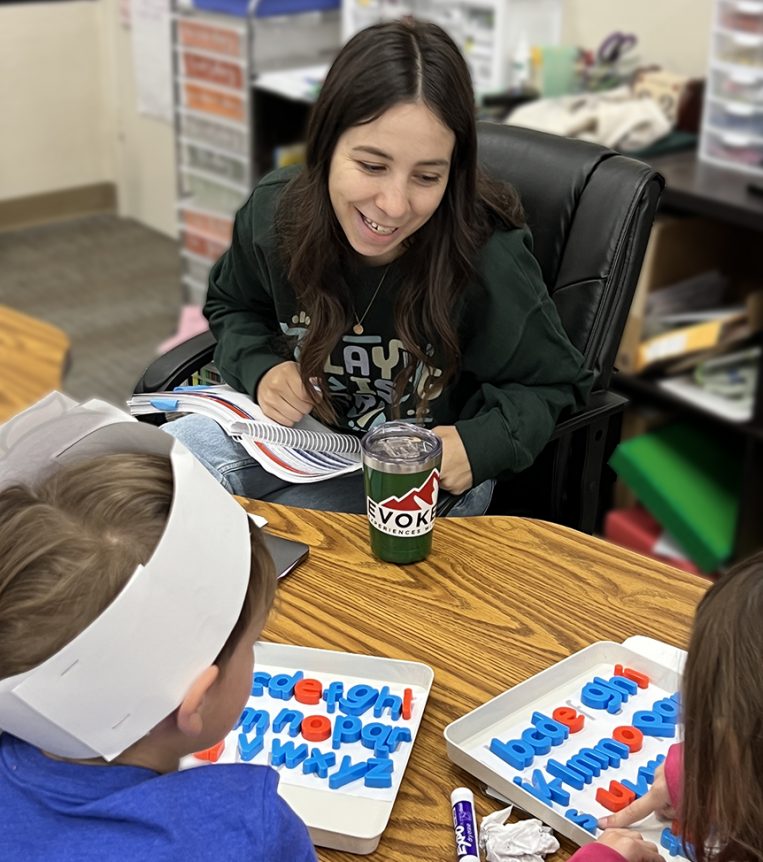
Our teachers structure their academic programs based on knowing the specifics that each child needs to learn at each grade level. Our standardized testing at the beginning of the year, the nationally normed MAP test, tells us what each child has already mastered and what they are ready to learn. Classroom lessons are designed to teach the specific concepts needed next, and in the most engaging way possible.
What does this look like? While every day and year are a little different, here are some examples:
This approach results in learning growth for each child at or above the averages in public schools.
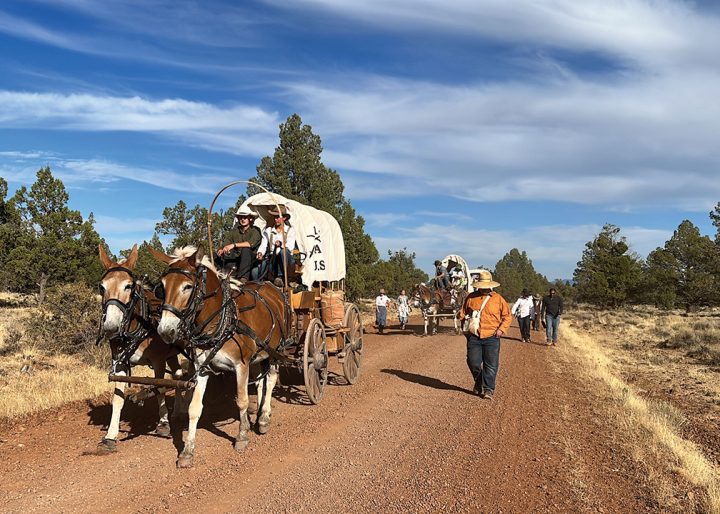
When you come to visit our school, you won't see classrooms dominated by textbooks and worksheets. While it is possible to learn nearly anything from a book, we find our students are more engaged, understand more deeply, and demonstrate greater retention when they learn through hands-on experiences.
So rather than relying only on textbooks, our teachers look for ways to teach the skills and standards in each subject and at each grade level through active experiences.
The specifics differ between grade levels and from year to year, but some examples include:
LEGO robotics –– computer use, programming, team work,
Gardening –– measuring, plant care, learning edible plants, installing irrigation, oxygen/carbon dioxide cycles, water cycle, nitrogen cycle, chemistry of photosynthesis
Visiting local businesses –– money, fractions, area, perimeter
Mrs. B's Bucks –– experiential learning through a classroom economy system
Cooking –– nutrition, kitchen safety, fractions, conversion of liquid and dry measurements
Chico Children’s Museum –– life skills in exploring various occupations through play
Immigration simulation –– history, critical and creative thinking, problem solving, human migrations, immigration, emigration
Snow camping –– science of avalanches, kinetic molecular theory, heat transfer engines, insulation
Wood blocks –– place value, basic operations with different bases, decimals, fractions
Swimming –– fresh water ecosystems, pool geometry
Paleontology excavation –– leadership and follower-ship, origins
Canoeing –– wildlife observations, teamwork, safety and risk
Hiking –– exploration and reflection on God’s creation, wildlife observation, animal habitats, various landforms, plant life
Wheat farming –– history, perimeter, area, volume and weight, fractions, decimals, ratios, experience the evolution of technology, scientific observation and data collection for crop yields
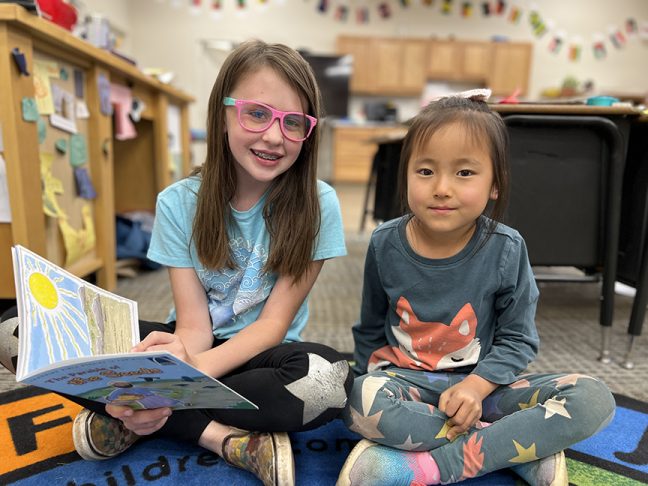
Multi-level classrooms allow our students to learn at their individual level in different subject areas –– without feeling awkward about being ahead or behind their peers. Additionally, this allows each teacher to connect with and understand the learning styles of each student.
Research has demonstrated the advantages of "looping" in which students benefit from having the same teacher for multiple years. Those benefits include: improved student academic performance, less apprehension about moving into the next grade level/classroom, improved social skills and cooperative group strategies, having long term relationships which result in a climate that encourages thinking, learning risk taking and involvement, and a better sense of community.
There are two primary reasons I love the school: First, the amazing teachers who make it a point to offer indoor/ outdoor, out-of-the-box educational experiences. Secondly, the Christian environment with care for students as a whole, spiritual, physical, emotional, academic